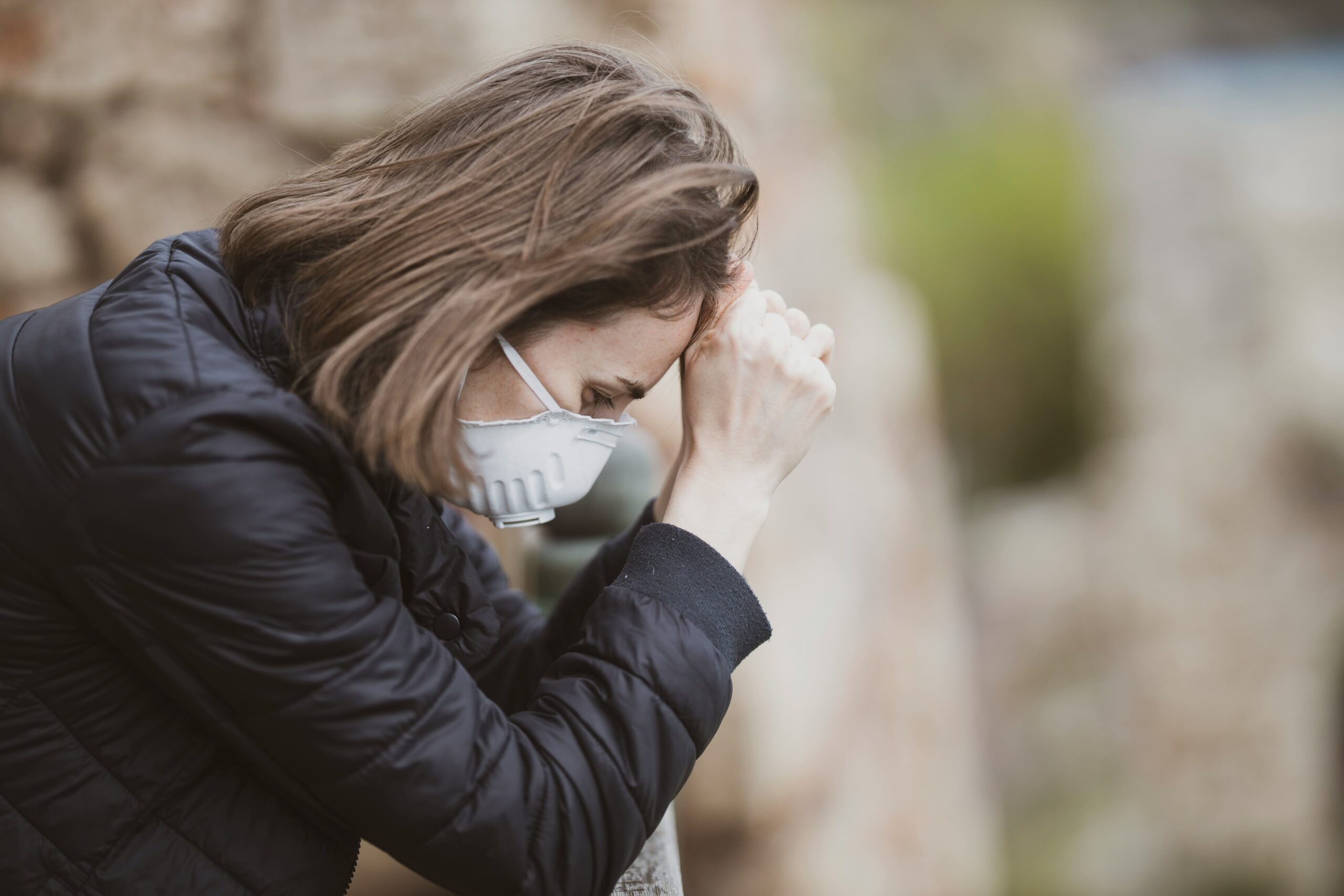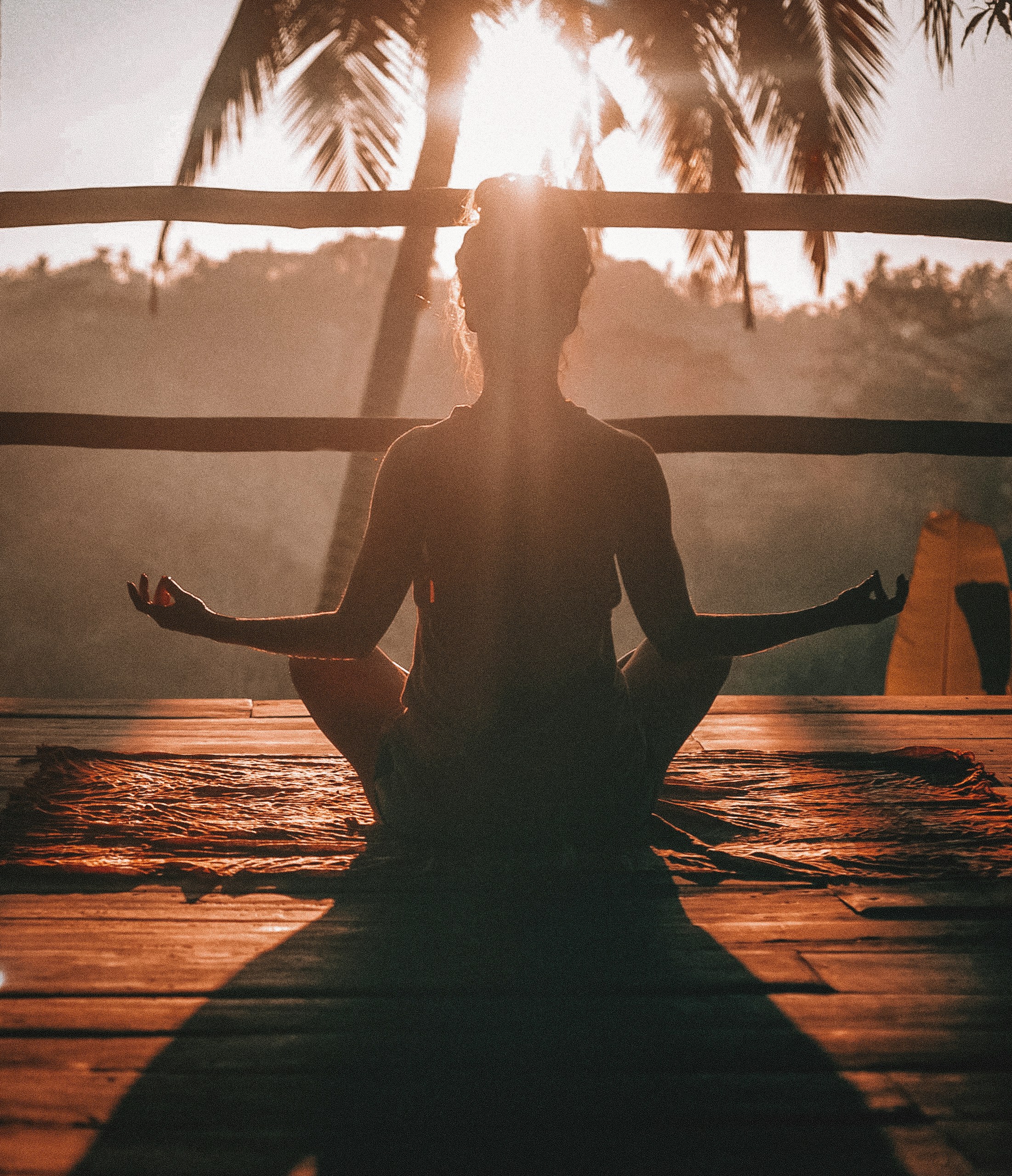Stress is not what happens to us. It’s our response TO what happens. And RESPONSE is something we can choose.’
– Maureen Killoran
What is STRESS?
When you hear the word ‘stress’, what do you think of? Do you think of deadlines at work or running late for an appointment? Perhaps you think about a traffic jam on the way to pick up the children or the meal preparation that needs to be done for the week.
The one definition of stress in the dictionary is ‘a state of mental or emotional strain resulting from adverse or demanding circumstances.’ The medical term for stress implies that it is a factor that causes a physical or mental reaction.
Stress can come in different forms. A physical form of stress could be an injury, chronic pain or a chronic illness. Physical stress can also include toxins that you are exposed to, such as environmental toxins or chemicals from your workplace.
Another form of stress could come from mental factors, such as thinking about the list of things you need to do when you get home, worrying about your children, financial pressure, depression, or your workload demands.
Stress can also include emotional triggers, such as relationship problems, social issues, or our own emotional demands that we place on ourselves.
The Effects of Stress
Symptoms of stress may be affecting your health, and you might not realise it yet. For example, you may think illness is to blame for that irritating headache, your frequent insomnia or your decreased productivity at work. But stress may actually be the cause.
Here are some common effects of Stress:
- Anxiety
- Lack of motivation or focus
- Irritability or anger
- Headache
- Chest pain
- Sleep problems
- Fatigue
What can you do to reduce Stress?
- Minimise Caffeine and Alcohol
Reduce coffee consumption slowly and use alternatives such as herbal teas and coconut water. There is a caffeine-free Coffee called FreeCaf, by Noego coffee here on the Gold Coast.
- Remember to take a break and relax.
Ensuring that you take a break and relax regularly throughout the day will help stop the adrenals from overproducing stress hormones. Taking the time to breathe deeply for 60 seconds can help you to relax.
- Get good, refreshing sleep.
Getting good quality, refreshing sleep by going to bed at the same time every night and waking up at the same time every day will help your liver carry out its detoxification functions during the night.
- Keep your body hydrated.
Adequate hydration is vital to help many cellular processes function correctly. When you are dehydrated, you can feel tired and foggy in thought.
- Engage in physical activities.
Incorporate some physical activity into your daily routine regularly, either before or after work or at lunchtime. Regular physical activity will also improve the quality of your sleep. The regular exercise could be as simple as parking your car further away from work and walking a distance to your work. Exercise could be doing some yoga poses on waking in the morning. Or take an exercise class on the way home from work.
- Try Relaxation Techniques.
Use stress-reduction techniques to relax. There are many tried and tested ways to reduce stress, so try a few and see what works best for you. Conscious breathing is very effective. Breathe in a while, counting to 5 and breathe out while counting to 5. Then repeat the process 5 more times. This is a great way to reduce your stress and relax your body.
- Practice Time-Management.
Planning ahead of time helps reduce stress and enables you to keep control of what’s going on. Use a physical or electronic diary to plan your tasks for the day. This not only helps to reduce your stress but increase your efficiency.
- Listen to your body.
If you are not feeling well, learn to take a break and rest. Listen to your body.
Negative thoughts in our subconscious create a stress response and influence our genetics to create specific chemical reactions. For the last few years, I have had to heed my own advice that I have given to my clients and maintain a positive, healthy, nutrition-filled environment that I work and live in. I cannot change the situations that are occurring, but I can take control of how I live and thrive in this environment.




